Mercedes-Benz Breaks Ground on SC Sprinter Plant
The German car manufacturer will invest roughly $500 million into its North Charleston facility and create 1,300 jobs.
By Scott Baltic, Contributing Editor
North Charleston, S.C.—Mercedes-Benz Vans has broken ground on its new Sprinter plant for the North American market, in North Charleston, S.C., the company announced last week. The new plant is an expansion of the existing van assembly plant in North Charleston and reportedly represents an investment of approximately $500 million.
The plant itself will create as many as 1,300 jobs, according to Mercedes-Benz Vans, which estimates that suppliers will create about a further 400 new jobs in and around North Charleston.
Currently, Sprinter vans for the U.S. market are produced at German plants, but, because of high import tariffs, they are partially dismantled and later reassembled at the North Charleston plant. The new plant will let Mercedes manufacture “Made in USA” Sprinters, enabling the company to more economically meet the growing demand and considerably reduce delivery time to the U.S. market.
The new plant’s body shop will be constructed first, followed by the paint shop and the assembly lines. Production of the next-generation Sprinter is planned to begin before the end of the decade.
The current production area and administration building comprise 409,000 square feet. By comparison, the new facility will cover around 1.1 million square feet, plus a 2.8 million-square-foot marshaling yard for finished vehicles.
“The new Sprinter factory will use some of the existing premises, but the focus lies on building up a complete new factory,” a Daimler spokesperson told Commercial Property Executive. With 28,600 Sprinter units sold in 2015, which was up 11 percent over 2014, the U.S. is already the second-largest Sprinter market worldwide, and demand among U.S. customers continues to rise, the spokesperson added.
Despite uncertainties generated by the presidential election, Brexit and other factors, the metro Charleston industrial market “will likely see further decline in vacancy and rising asking rental rates” as transportation infrastructure improvement projects are completed, demand remains high and new construction struggles to keep up, according to a second quarter report from Colliers International.
After protracted debate, the report noted, the South Carolina legislature approved a roads bill that will provide $4 billion over the next 10 years to fix key bottlenecks along the five Interstate highways that cross the state.
Average vacancy in the North Charleston industrial market fell from 4.4 percent a year ago to only 2.4 percent this quarter, making this submarket the tightest one in metro Charleston, also according to Colliers.

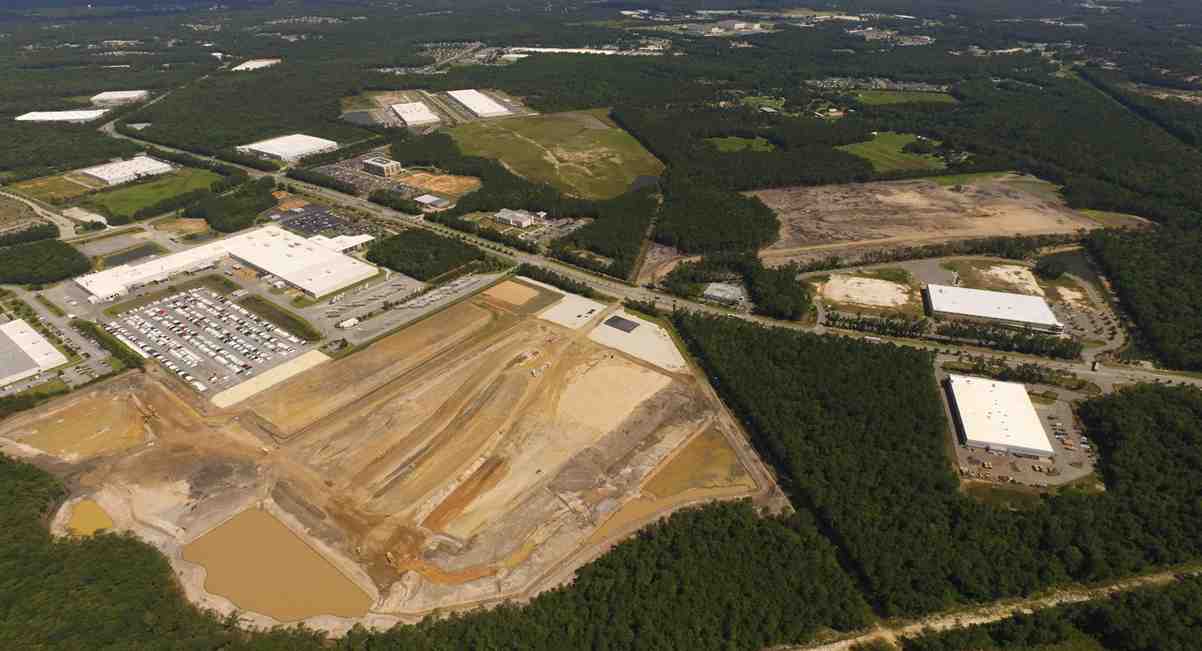
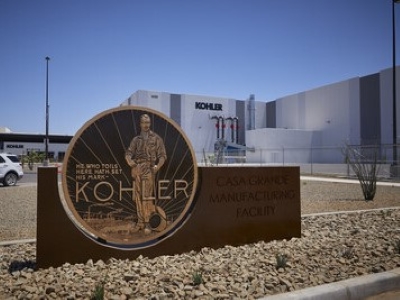
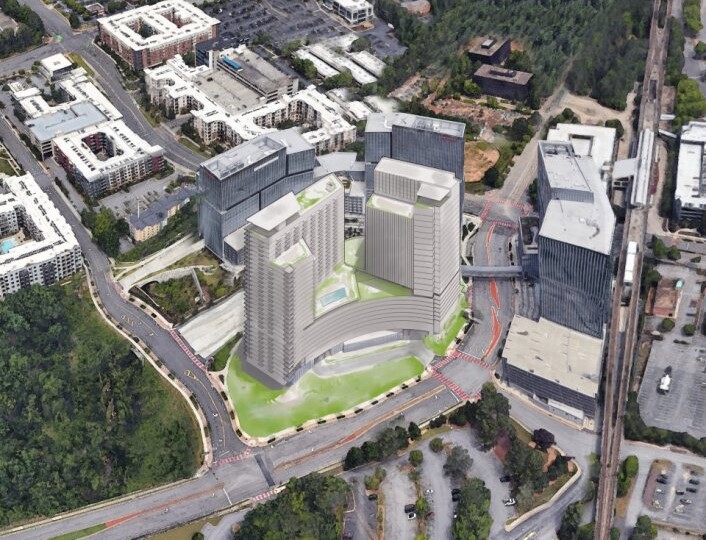

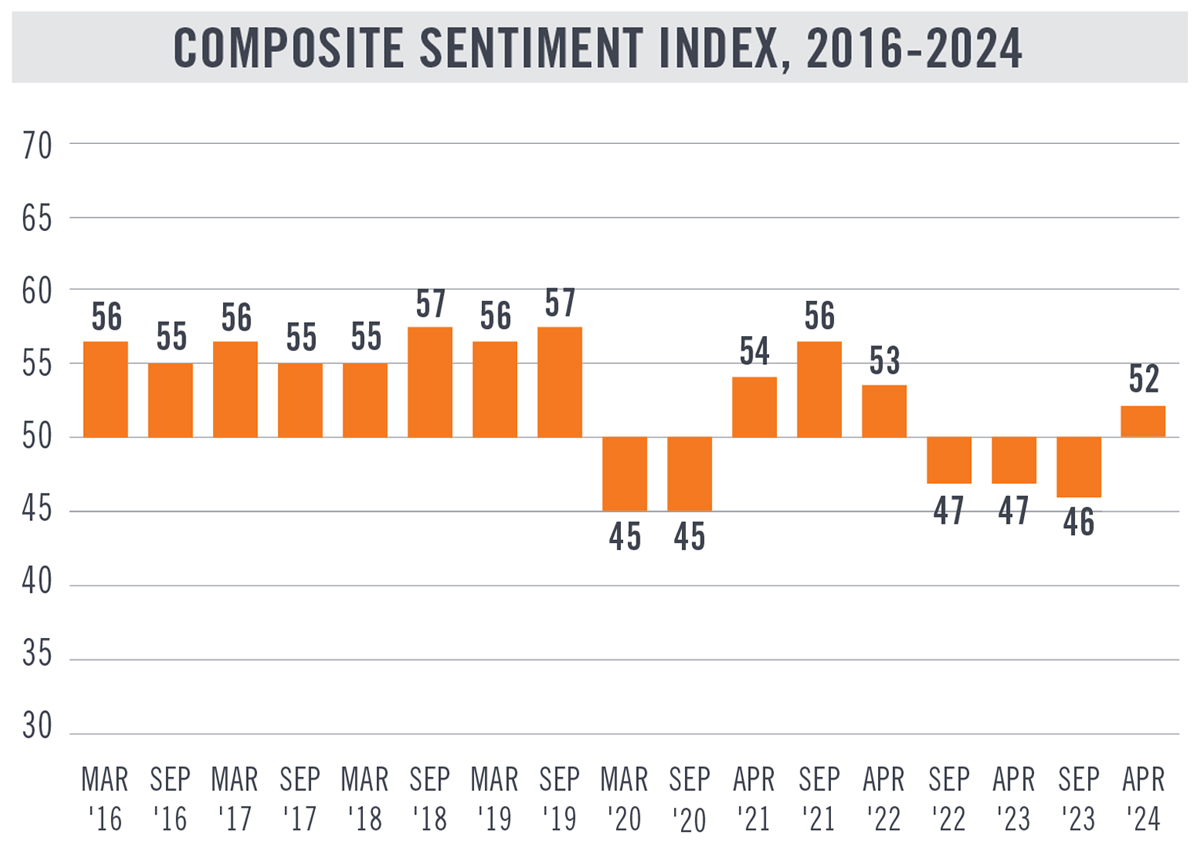
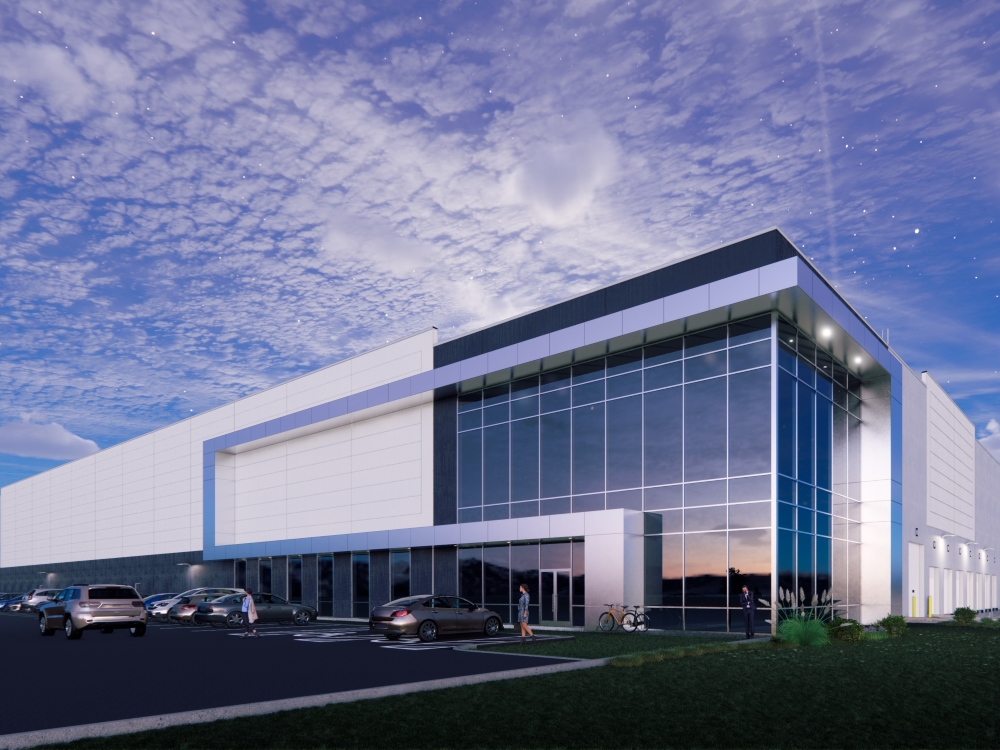
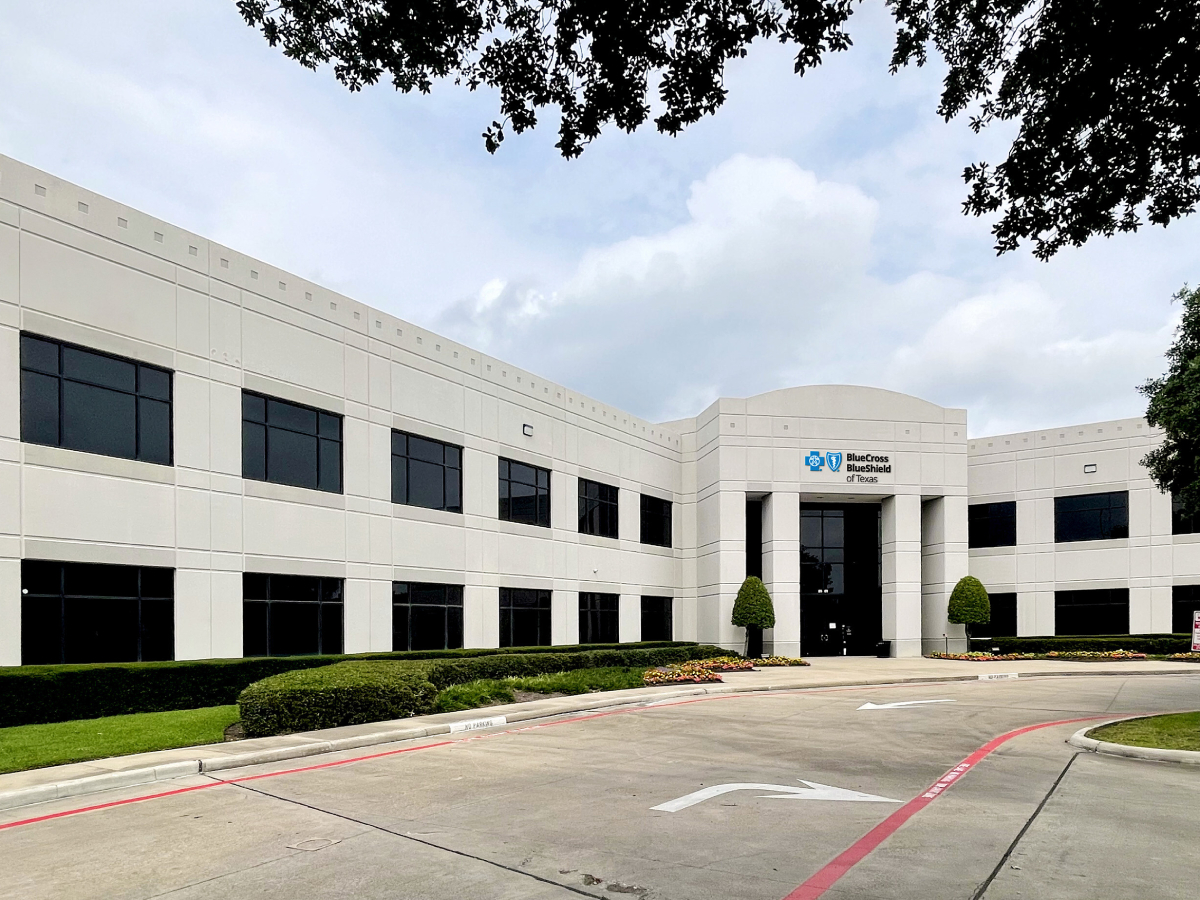
You must be logged in to post a comment.